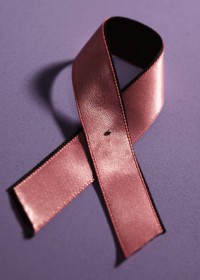
Do you believe that melanoma is a “lesser” form of cancer? Maybe you think monitoring and removing moles is sufficient defense against this disease.
The truth is that immunotherapy for cancer is often needed to fight these tumors, which can be more serious than you realize. As people don black ribbons in May to support Melanoma Awareness Month, it’s a good time to present some facts that may surprise you.
- Melanoma is the most deadly form of skin cancer.
While melanoma occurs less frequently than carcinoma, survival rates are much lower. The American Academy of Dermatology estimates that one American dies of melanoma each hour, but the good news is that it’s highly treatable with early detection.
- Melanoma frequently affects young adults.
Some people mistakenly associate cancer with old age. In the case of melanoma, it’s the most common form of cancer among young adults between 25 and 29, and the second most common in ages 15 to 29.
- Melanoma can develop independent of moles and sun exposure.
Having a lot of moles may increase your risk for melanoma, but it can also occur in the absence of moles. Melanoma is sometimes found between fingers and toes, in the underarm, and other areas that get little or no sun exposure.
If you have been diagnosed with melanoma, Issels® offers immunotherapy for cancer that is tailored to meet the needs of your individual case. Contact us today for information about our cancer vaccines, gene-targeted therapies and other non-toxic treatments.





